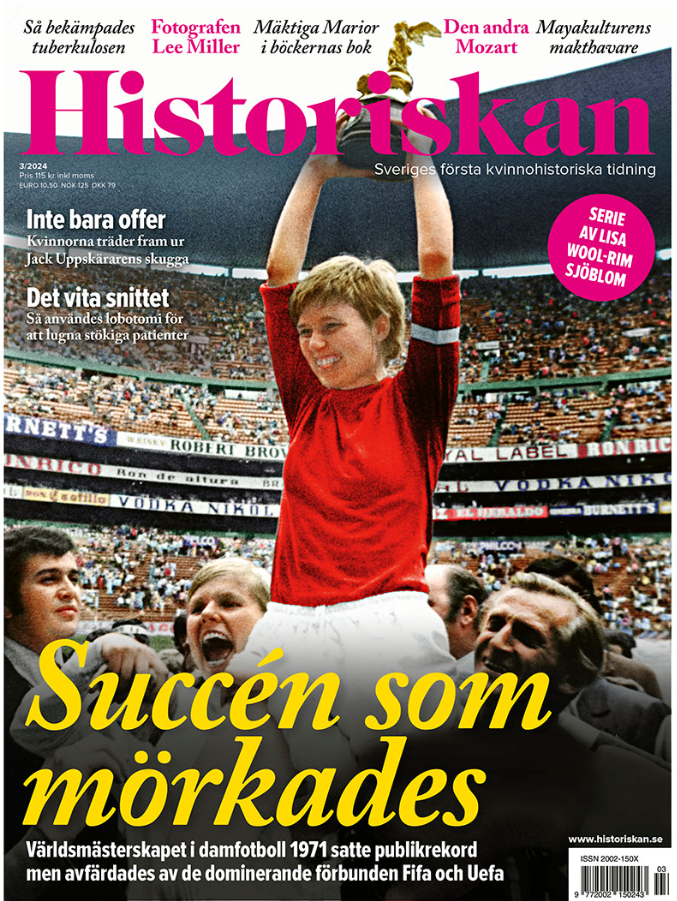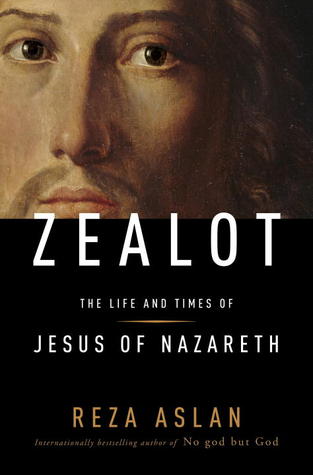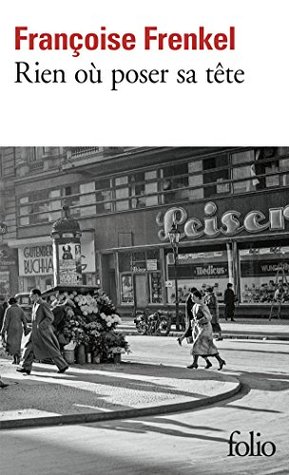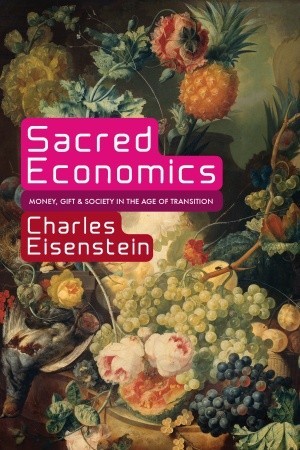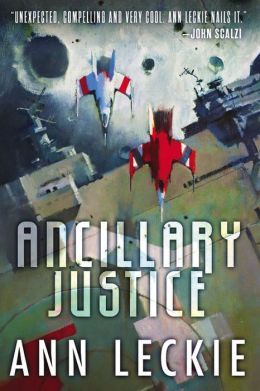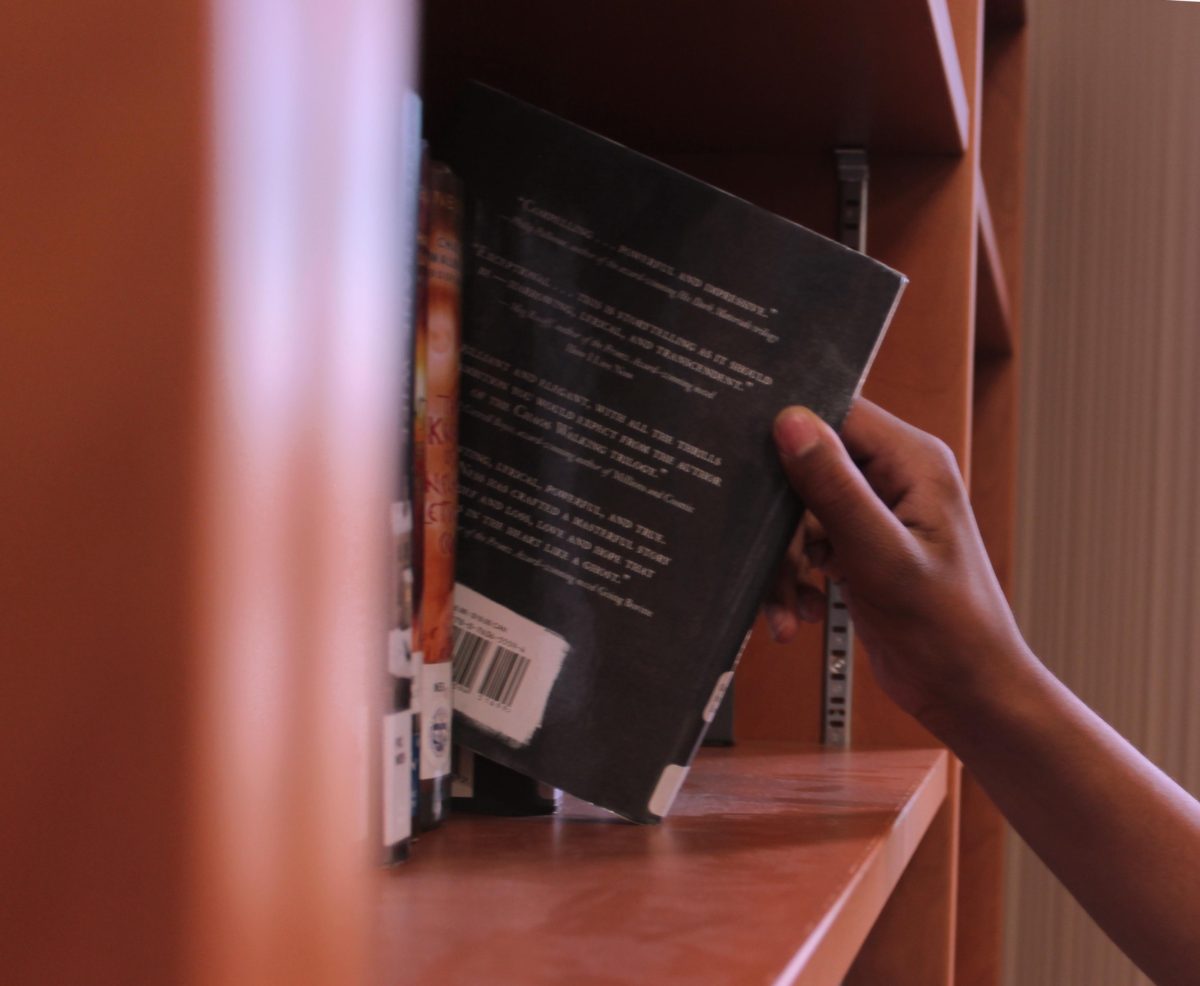Another international trip, another in-air read-through of Historiskan. Gems from this issue:
- A brief interview with Sabrina Ebbersmeyer about the Women in the Nordic Enlightenment project (WHENCE). This was paired with little blurbs about three women philosophers in particular, but the only one I remember now is Birgitte Thott.
- A longer article about the legacy of Jack the Ripper, which was also paired with longer blurbs about the lives of the canonical five.
- The 1970 Women’s World Cup. I’m not an especially sporty person, but pigheaded resistance to women in sports always fascinates me. While the All-American Girls’ Baseball League eventually disbanded due to natural economic causes—declining public interest and, with it, declining profitability—the Football Gods (FIFA and UEFA) actively blocked and banned women’s games for years with a passion akin to Jock Semple trying to rip off Kathrine Switzer’s bib number. This despite a clear public interest in women’s soccer. The two women’s world tournaments organized in the 70s were therefore “unofficial” affairs hamstringed by interference from FIFA and UEFA, and even today don’t seem to enjoy official recognition.
- Some blurbs about new or upcoming documentaries, including ones about Gunilla Bergström and Dagmar Lange.
- A history of tuberculosis treatment in Sweden, and specifically the role of the traveling nurse who went around to educate families about care and hygiene practices. This was the work of Nationalföreningen mot tuberkulos, a non-profit organization established to fight the spread of tuberculosis in Sweden that that eventually became today’s Svensk Lungmedicinsk Förening. While a lot of the support these traveling nurses provided was about exercising power and control over the poor and working class, it also seemed to be motivated by genuine humanitarian concern. I can only assume that someone has already written a thesis comparing the work of Nationalföreningen mot tuberkulos to how the Swedish state handled Covid-19, since it seems like an obvious and juicy research topic. (Weirdly enough, the article didn’t make any such comparison at all.)
- Revised looks at the role of women in Mayan culture and early Christianity.
- Everything you didn’t want to know about lobotomies, which apparently remained a popular treatment option in the Nordics long after everyone else had declared them barbaric and moved on to other treatment options. Very cool! (Not actually very cool.)
- The longer biographies in this issue included Carmen Miranda, Lee Miller, and Maria Anna Mozart.
- A lovely illustration from Lisa Wool-Rim Sjöblom about haenyo, the women divers of Jeju.

